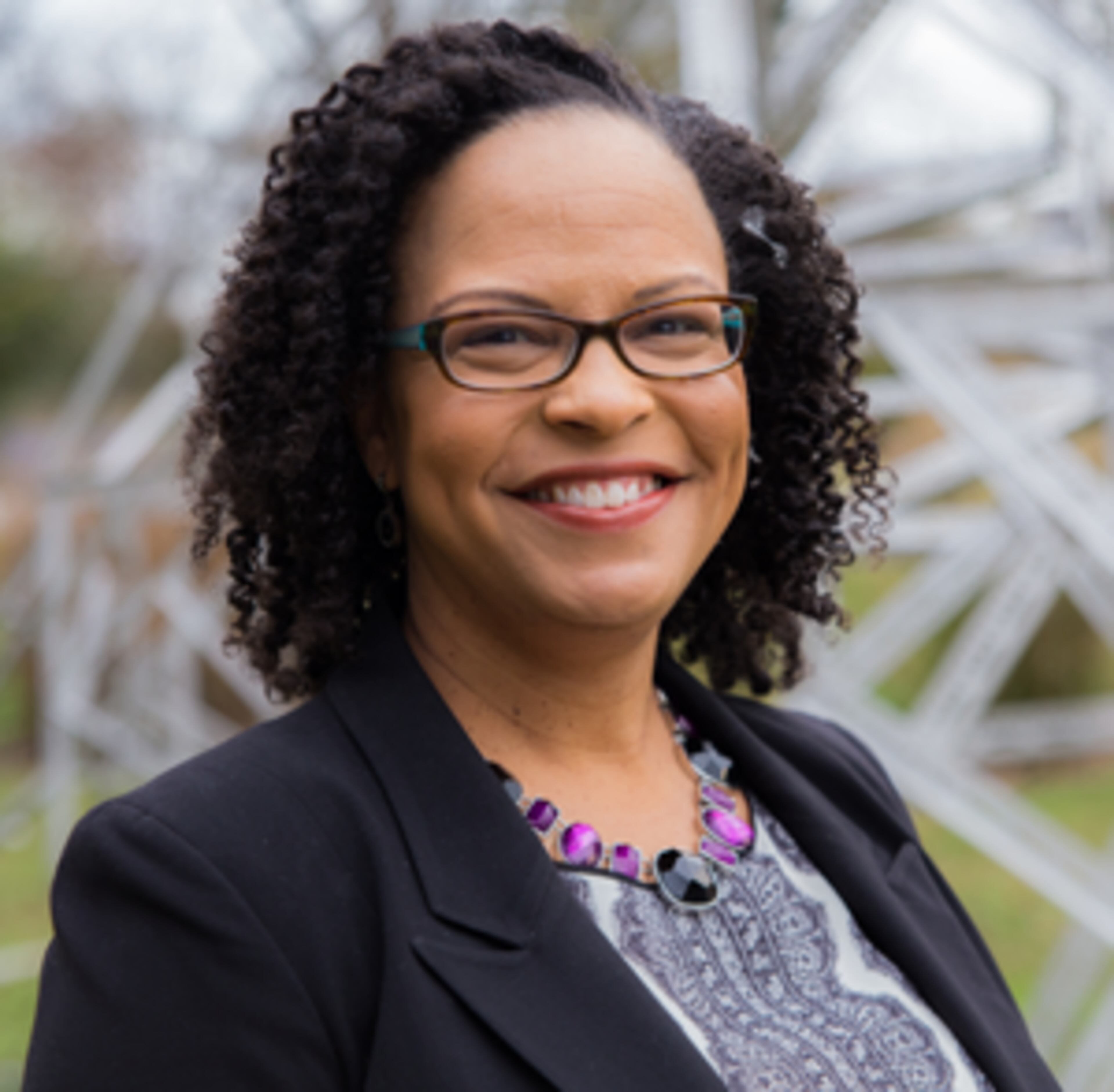Leader of Tennessee's state takeover district: It's a catalyst for needed change

Malika Anderson has served as the superintendent of Tennessee's Achievement School District since January. She previously served as the ASD's deputy superintendent and director of school turnaround for District of Columbia Public Schools.
In this column, Anderson responds to a recent essay by two Nashville school board members critical of the ASD's track record in Tennessee.
By Malika Anderson
In a recent post on the AJC Get Schooled blog, two Nashville school board members cautioned Georgia voters on supporting the Opportunity School District proposal based on their views of how Tennessee's Achievement School District (which is structured similarly to the Georgia proposal) is serving communities that have had underperforming schools for decades.
As the leader of the ASD in Tennessee, I’d like to offer my perspective.
The Vanderbilt study cited in the column about our district’s work is mostly an overview of the how the challenges inherent in school turnarounds are being addressed in our state. Although it implies that the study is critical of the ADS’s performance, the study draws no conclusions on performance, other than essentially: “It’s too soon to tell.”
The study does, however, state this conclusion on how ASD leaders are responding to the challenge of improving school quality for families trapped in underperforming schools: “Operators have responded to the challenges of the ASD environment with more sophisticated school-level designs that included instructional adaptations, computer-assisted learning, additional wraparound services, and new strategies for communicating with parents and building community trust.”

Yes, the work to turnaround the state’s lowest-performing Priority schools is hard. Yes, it is charting new ground. And yes, creating new meaningful, sustainable ways for students and the adults who love them to co-create great schools in every neighborhood after decades of being sidelined is decidedly messy.
The important thing, however, is that -- for the first time in decades -- these communities are getting an infusion of energy, of innovation, of resources, of expertise, and of undivided attention and intervention for their schools and their children.
And the most important thing, of course, is academic progress.
Among the schools that have been in the ASD for at least three years — student achievement scores have already jumped nearly 10 percentage points from where they were before the ASD was created.
Moreover, our third-year and second-year schools showed the highest possible student growth scores—with last year's gains outpacing the Shelby County traditional public schools for the first time--and all at a lower cost to taxpayers than district-run schools.
In addition, the ASD has encouraged local districts to step up their own efforts — with student achievement scores among all of the state's Priority schools also up nearly 60 percent from when the ASD was first created.
That did not happen by accident. There was no structured plan for improvement before the ASD. It happened because the state came together to create the ASD to be a catalyst for change — and it is working.
None of this is easy. And we know turning around low-performing schools takes time. But we're learning and getting better every day.
That is the experience of the ASD in Tennessee.
And as long as communities work together—with student success at the center of all we do—more kids, more families, whole neighborhoods and communities, and the entire state will win.



